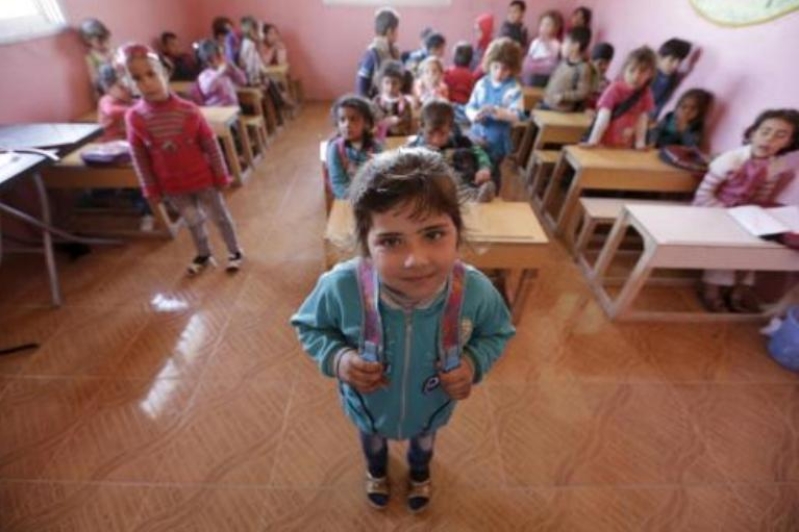
U.S. Department of Education (DOE) leaders implemented new measures that will require schools to report the number and frequency of religion-based harassment of students. For the first time, every public school across the country will report to the department's Civil Rights Data Collection on the number of incidents of religious-based bullying or harassment in their schools in the 2015-2016 school year. This new data is intended to provide stakeholders, policymakers and educators critical details about religious discrimination problems, as well as a way to measure future progress.
This summer, the department's Office for Civil Rights staffers launched a new page on the group's website with information about federal laws that protect students from discrimination involving their religion. The page links to OCR policy guidance, notable case resolutions and resources in multiple languages and from other federal agencies.
OCR representatives also updated the online complaint form to clarify that the office can investigate complaints regarding racial, ethnic or national origin discrimination involving religion. It reaffirms that students, parents and persons of all faiths can file such complaints with OCR, even though the laws OCR implements do not expressly address religious discrimination in education.
OCR staffers have used enforcement as a key tool to protect students of many religious backgrounds from unlawful discrimination, including Jewish students subjected to anti-Semitic epithets and Muslim students targeted for wearing a hijab and called terrorists, according to DOE materials.
Where schools have records of failing to address hostile environments, OCR seeks and secures commitments from them to improve their harassment policies and procedures, train staff and students, and conduct school climate surveys.
Catherine Lhamon, DOE assistant secretary for civil rights, said, "Students of all religions should feel safe, welcome and valued in our nation's schools. We will continue to work with schools and communities to stop discrimination and harassment so that all students have an equal opportunity to participate in school no matter who they are, where they come from or which faith, if any, they subscribe to."
There are no laws in the federal government that directly prohibit discrimination on religious grounds, reports World Religion News. However, DOE personnel rely on "Title VI of the Civil Rights Act of 1964," which protects students of any religion from discrimination, including harassment, based on a student's actual or perceived 1) shared ancestry or ethnic characteristics; or 2) citizenship or residency in a country with a dominant religion or distinct religious identity.
These DOE new steps come after about 100 hate crimes have been committed based on religious discrimination of Muslims, a statistic supplied by the Muslim Advocates Group. The Huffington Post has so far recorded 261 acts of anti-Muslim sentiment and political rhetoric and maintains a page on their website for tracking this phenomenon.
Other examples of discrimination include a 12-year-old boy in Long Island whose school principal forced him to sign a letter confessing that he was a terrorist working with ISIS. This was despite the boy, Nashwan Uppal having learning and communication disabilities. The family has filed a lawsuit against the school.
In April, 50 Idaho State University students from Saudi Arabia and Kuwait were victims of burglary, as well as victims of physical abuse and harm. The rise of the terrorist organization ISIS and terrorist attacks in Europe have increased the tension and religious discrimination against Muslims. Coupled with the rise of Donald Trump and his documented Islamophobic remarks, anti-Muslim rhetoric and hate crimes has increased in the U.S. public school system.






